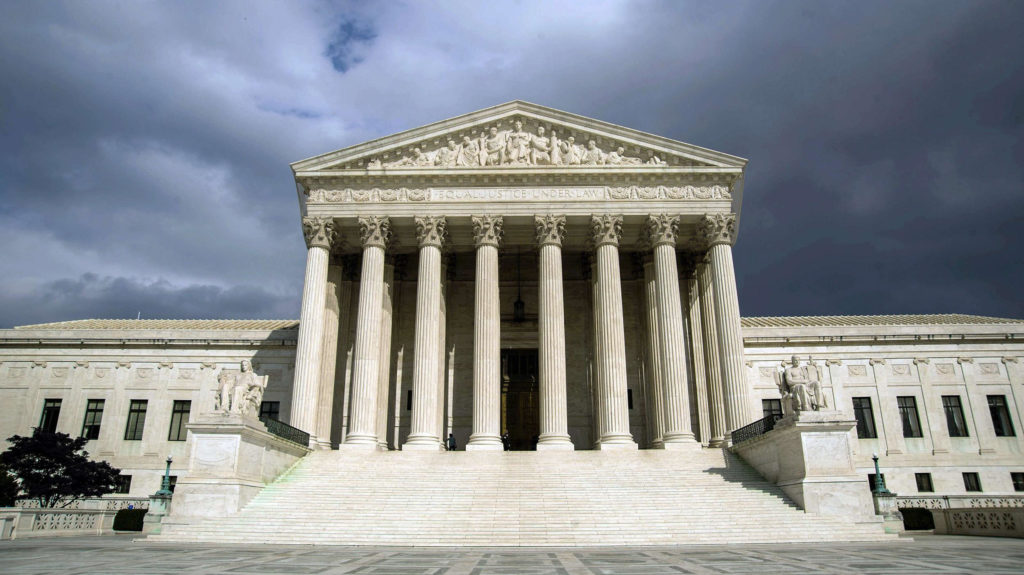
The law, HB20, was signed into law last September. It’s aim is to hold accountable social media companies, with at least 5 million users.
HB20 states “A social media platform may not censor a user, a user ’s expression, or a user ’s ability to receive the expression of another person based on: the viewpoint of the user or another person; the viewpoint represented in the user ’s expression or another person ’s expression.”
The law also outlines that users in Texas who have been removed by the platform, can sue through the Texas Attorney General’s office.
Netchoice and the Computer and Communication Industry Association argue that the law violates the First Amendment right for private companies to regulate speech on their platform. They are the plaintiff’s representing social media companies.
In December, Judge Robert Pittman for the U.S District Court Western District of Texas, blocked the law from going into effect. Pittman explained that the Bill violated the First Amendment rights for private companies to regulate speech.
The U.S. Fifth Circuit Court of Appeals reversed his decision without an explanation. In response, Netchoice and the Computer and Communications Industry Association filed the case up to Justice Alito in the Supreme Court.
The decision in the Supreme Court was made by five Justices to grant Judge Pitman’s injunction against the law. For now, Texas’ social media law will not go into effect until its constitutionality is decided.
While the Supreme Court allowed the injunction, Justice Alito wrote a six-page dissent explaining why he does not agree with the majority.
“While I can understand the Court’s apparent desire to delay enforcement of HB20 while the appeal is pending, the preliminary injunction entered by the District Court was itself a significant intrusion on state sovereignty,” Justice Alito said dissenting.
Justice Alito pointed out that the law should have gone into effect or first be proven by the plaintiffs that it does hinder the First Amendment rights of a social media company.
Now Texans, and even the country, awaits the decision that impacts the online public square, and the legality of a unique law.
Story by Jacob Lehrer